AOD9604 is a peptide that was originally developed with the intent to combat obesity and aid in weight loss. It is a modified form of amino acids 176-191 at the C-terminal region of human growth hormone (HGH). Research and interest in AOD9604 have revolved around several potential benefits, particularly in the realms of weight management and tissue regeneration. Here are some of the benefits that have been explored and are currently being researched:
- Weight Loss and Fat Reduction:
- AOD9604 has been reported to stimulate lipolysis, which is the breakdown of fats and other lipids by hydrolysis to release fatty acids.
- It also inhibits lipogenesis, the process that leads to the transformation of non-fat food materials into body fat.
- The peptide is believed to mimic the way natural growth hormone regulates fat metabolism but without the adverse effects on blood sugar or growth that is seen with unmodified HGH.
- Enhanced Metabolism:
- Some studies suggest that AOD9604 may enhance the body’s metabolism, which can contribute to weight loss and management.
- Muscle Growth and Repair:
- It has been suggested that AOD9604 could have a positive effect on muscle growth by stimulating the repair of tissues and can thus be beneficial for recovery from muscle-related injuries.
- Bone Health:
- Preliminary research indicates that AOD9604 might have a role in enhancing bone formation and increasing bone density, potentially making it useful in the treatment of osteoporosis.
- Cartilage Repair:
- There is evidence to suggest that AOD9604 may help with cartilage repair and could be beneficial in the treatment of osteoarthritis or other cartilage-related conditions.
- No Adverse Effects on Blood Sugar:
- Unlike some other peptides and performance enhancers, AOD9604 is reported not to affect insulin sensitivity negatively, which makes it a more appealing option for individuals concerned about blood sugar levels.
- Potential Anti-Aging Effects:
- Some proponents of AOD9604 claim that it can have anti-aging effects due to its origins related to human growth hormone, although concrete evidence for this is lacking.
**Research Peptides are not for human consumption**

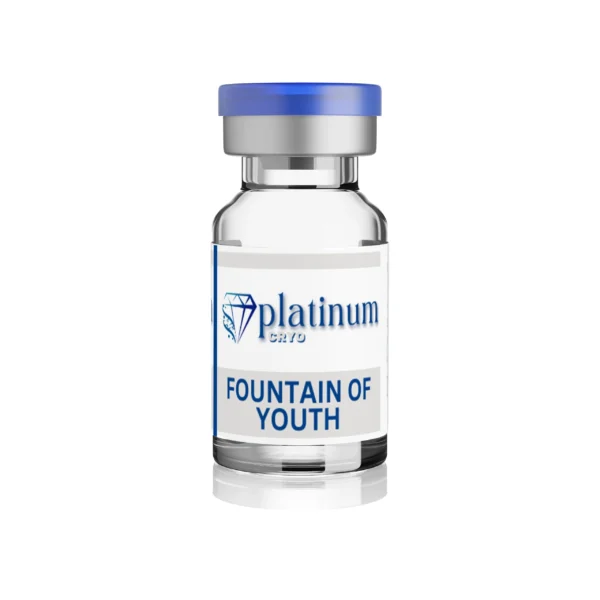
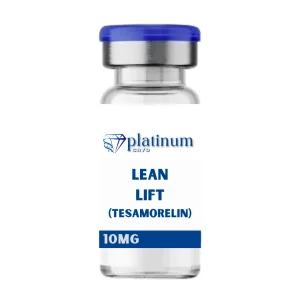
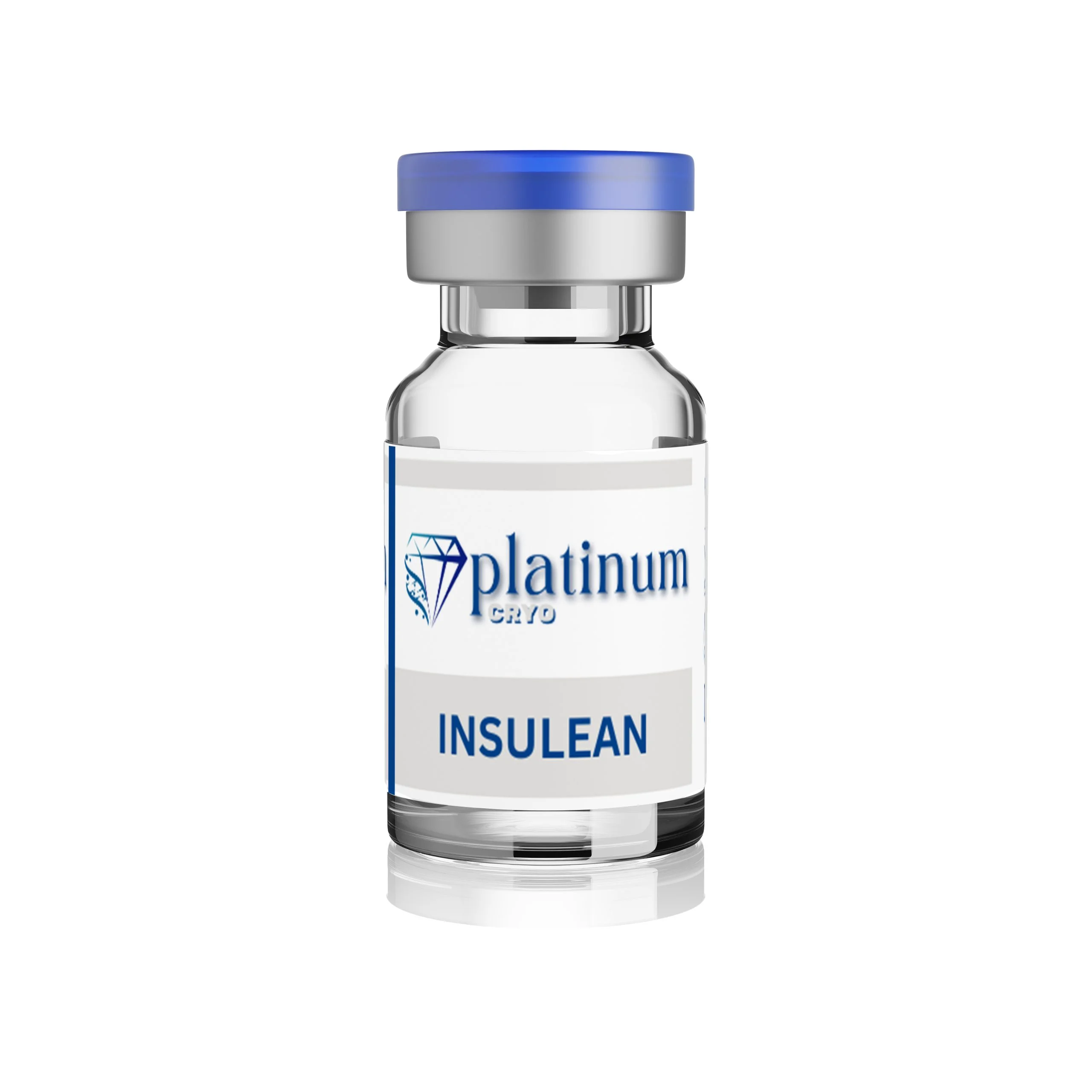
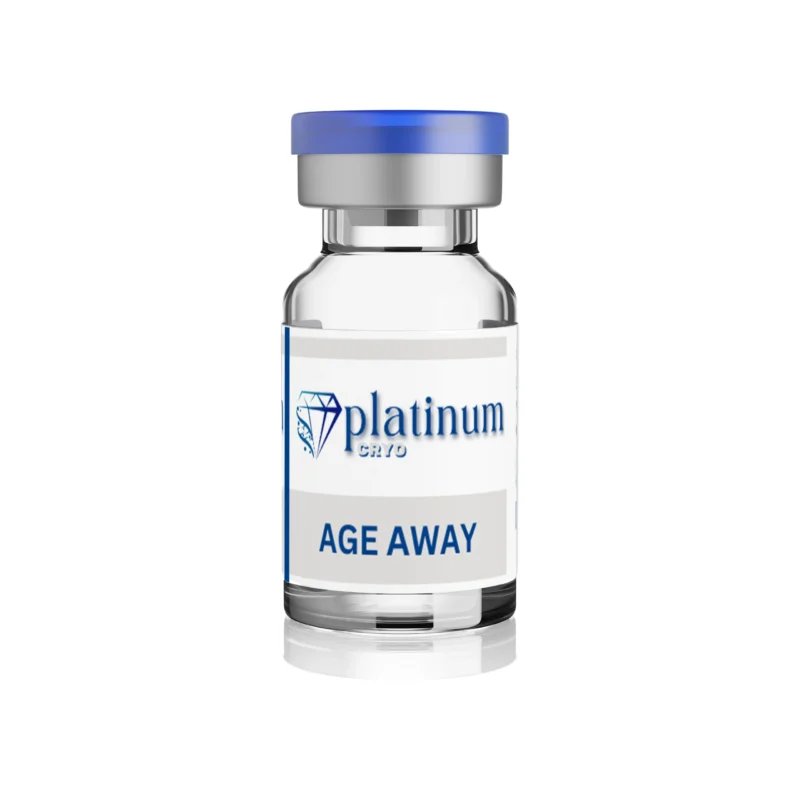
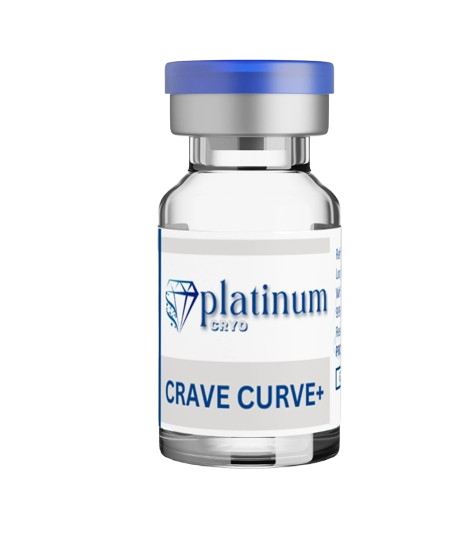
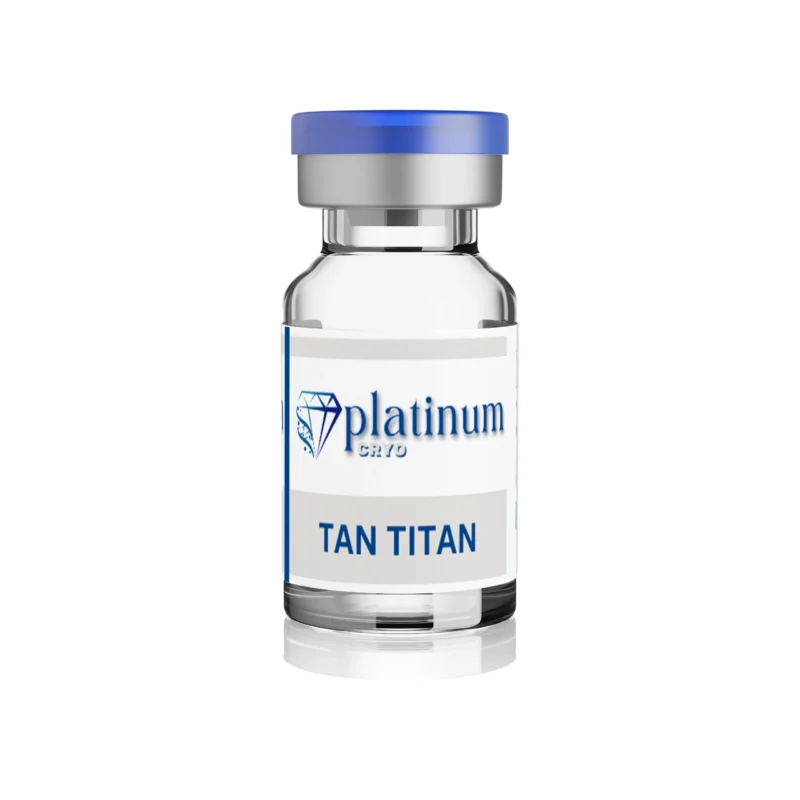
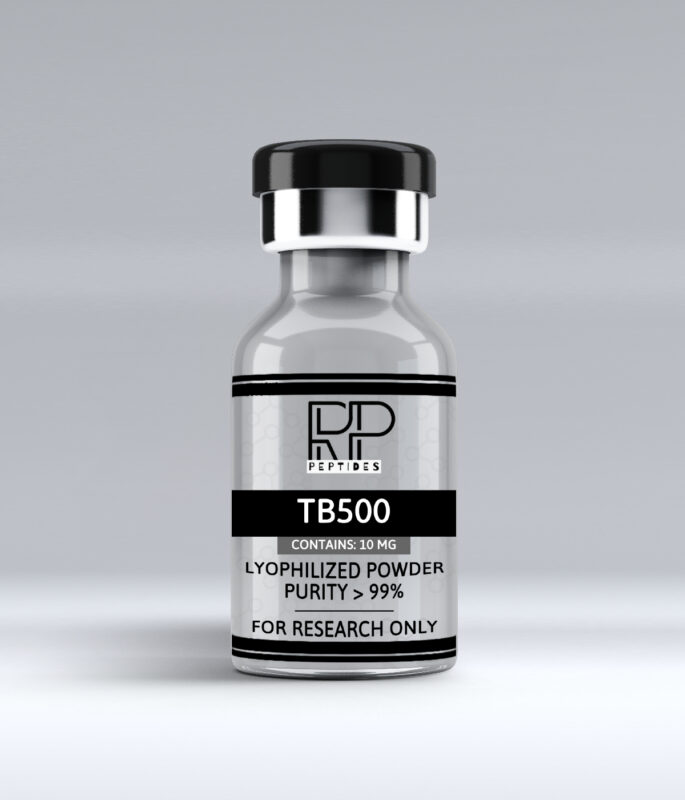
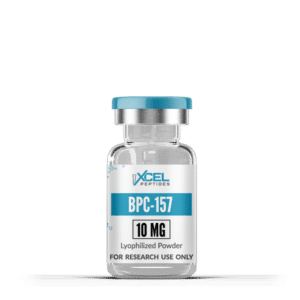
Reviews
Clear filtersThere are no reviews yet.